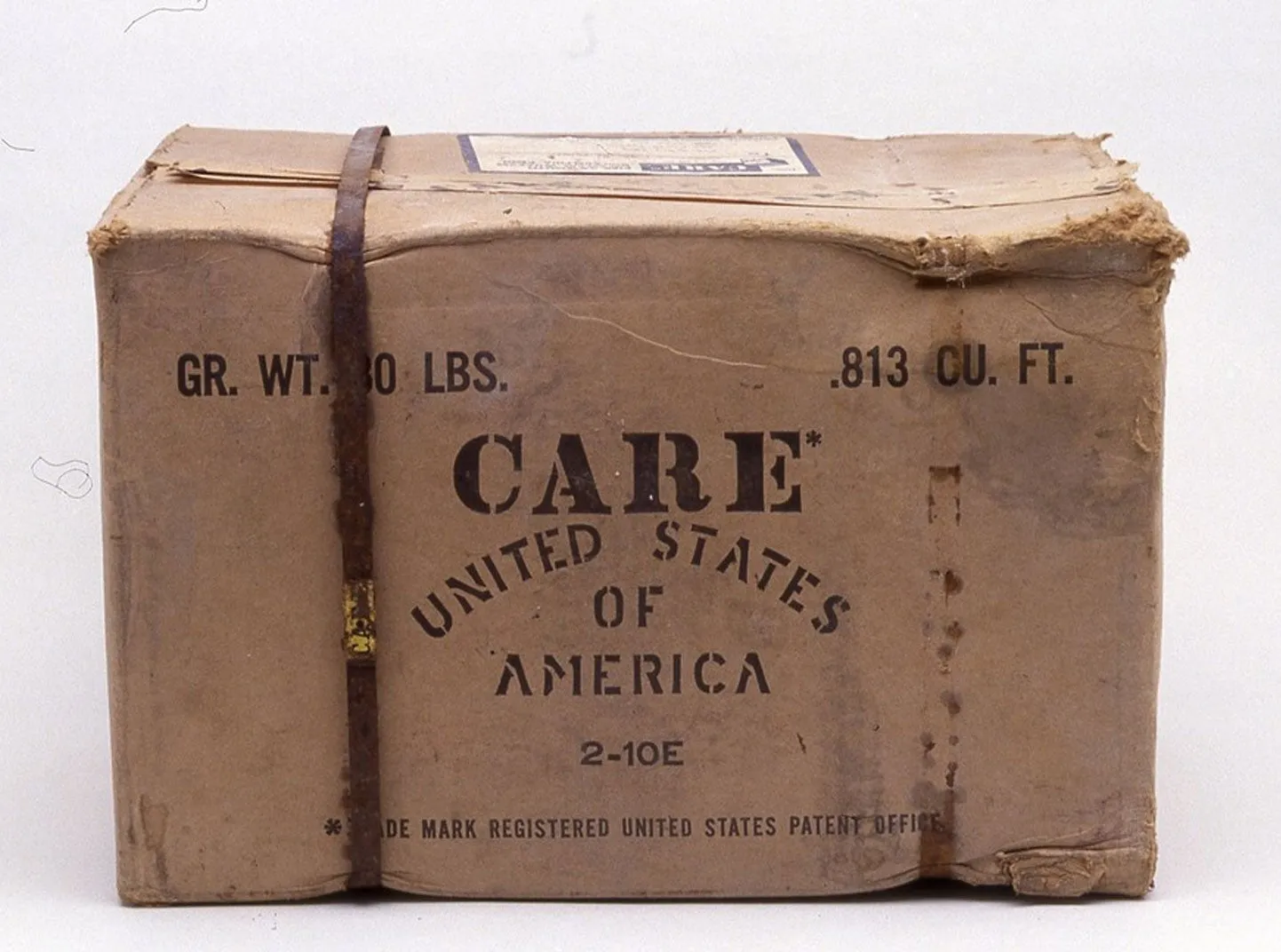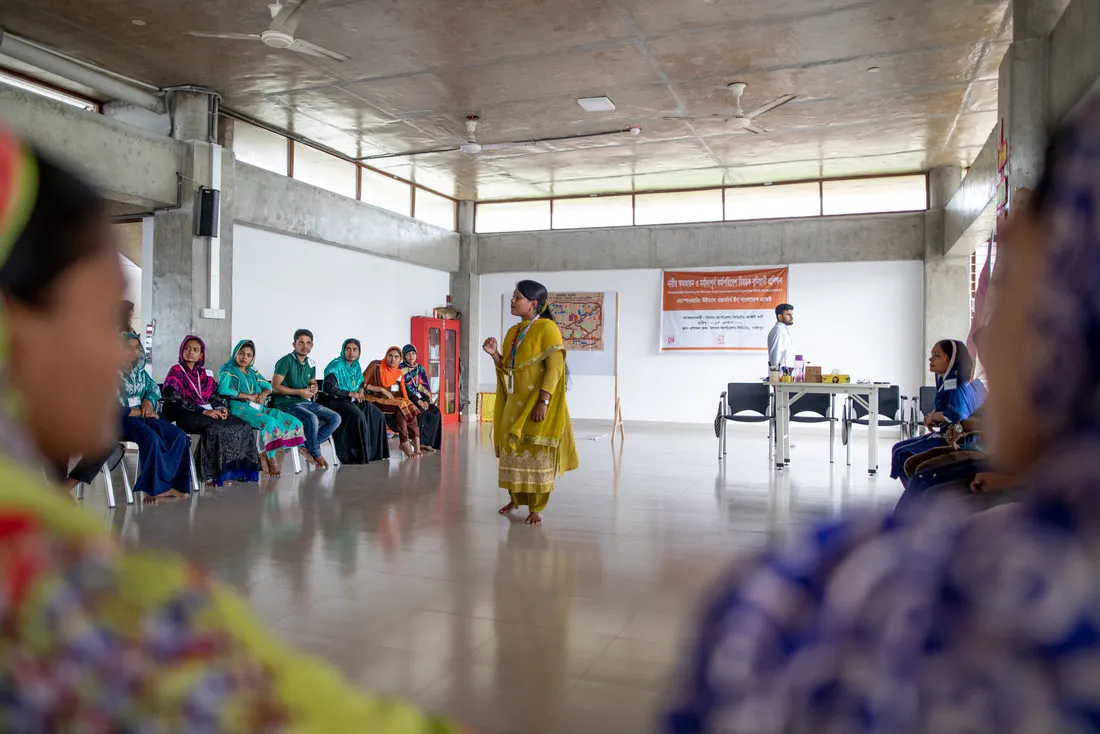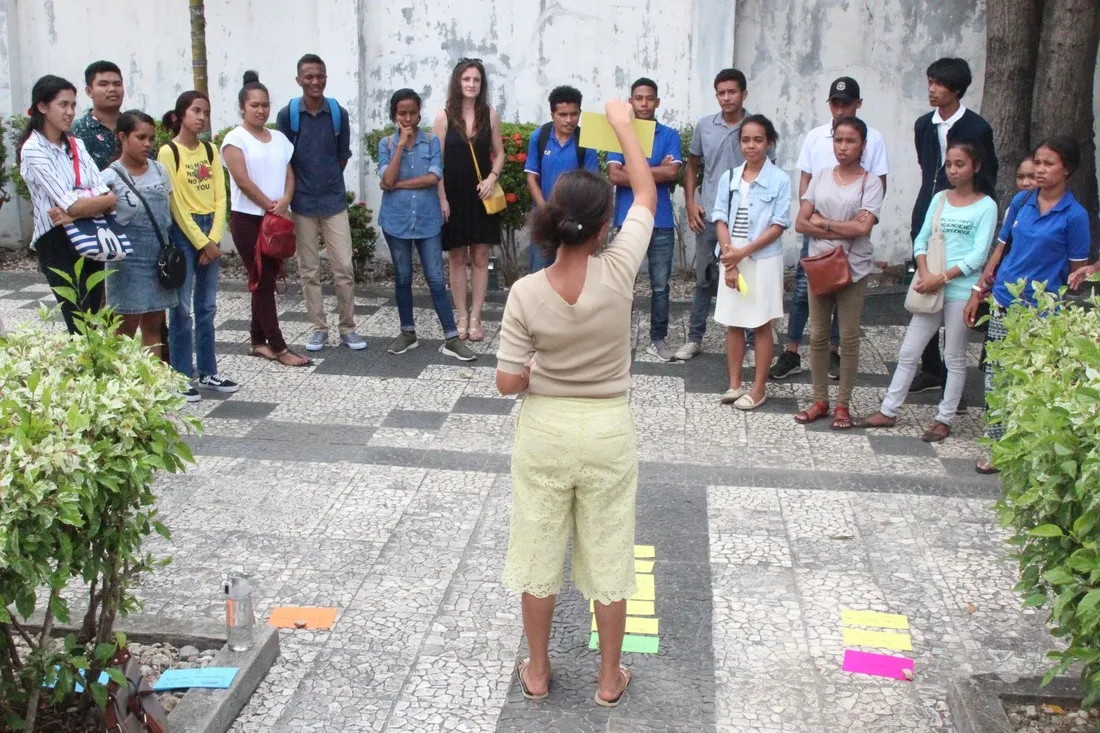Re-envisioning Social Norms
CARE is committed to advancing equality for women and girls. To that end, we partner with communities to challenge and re-envision unequal social norms that restrict women’s and girls’ ability to achieve their best possible health and lives. CARE’s signature approach to re-envisioning social norms is Social Analysis and Action (SAA).
SAA is a facilitated process through which individuals explore and challenge the social norms, beliefs, and practices that shape their lives and health. The goal of SAA is to help participants to surface and challenge restrictive norms and act together to create more equal ones, while building support for reproductive and maternal health and rights. Unique and central to SAA is that the process of critical reflection and dialogue begins with CARE staff, encouraging them to reflect on their own beliefs and how they affect their work, and to make them more comfortable discussing sensitive issues with others.


